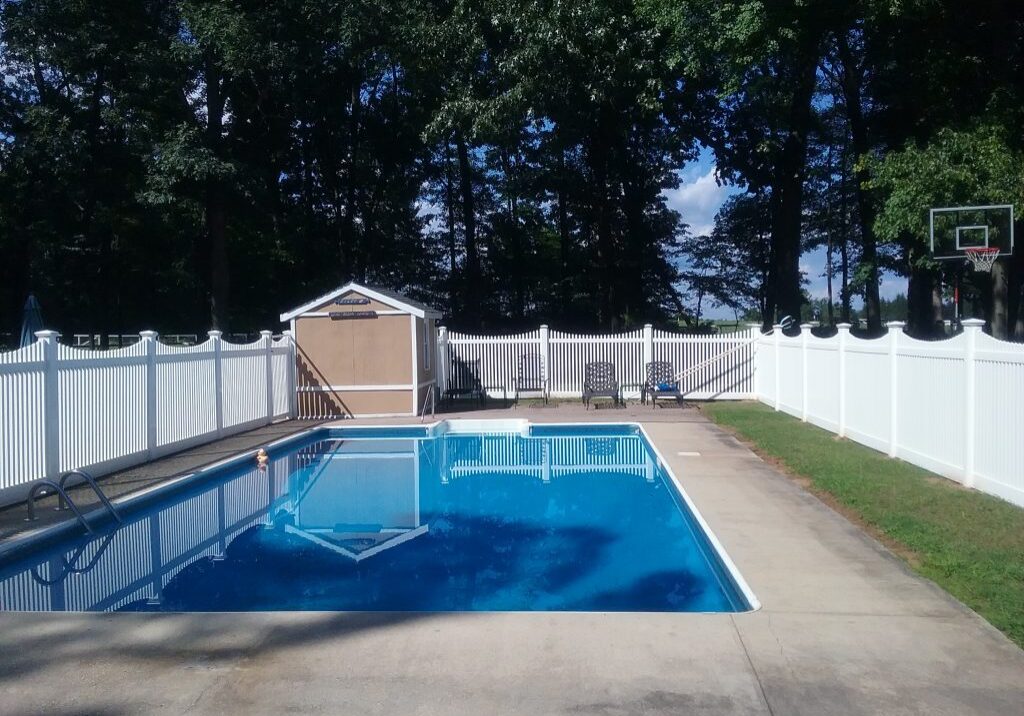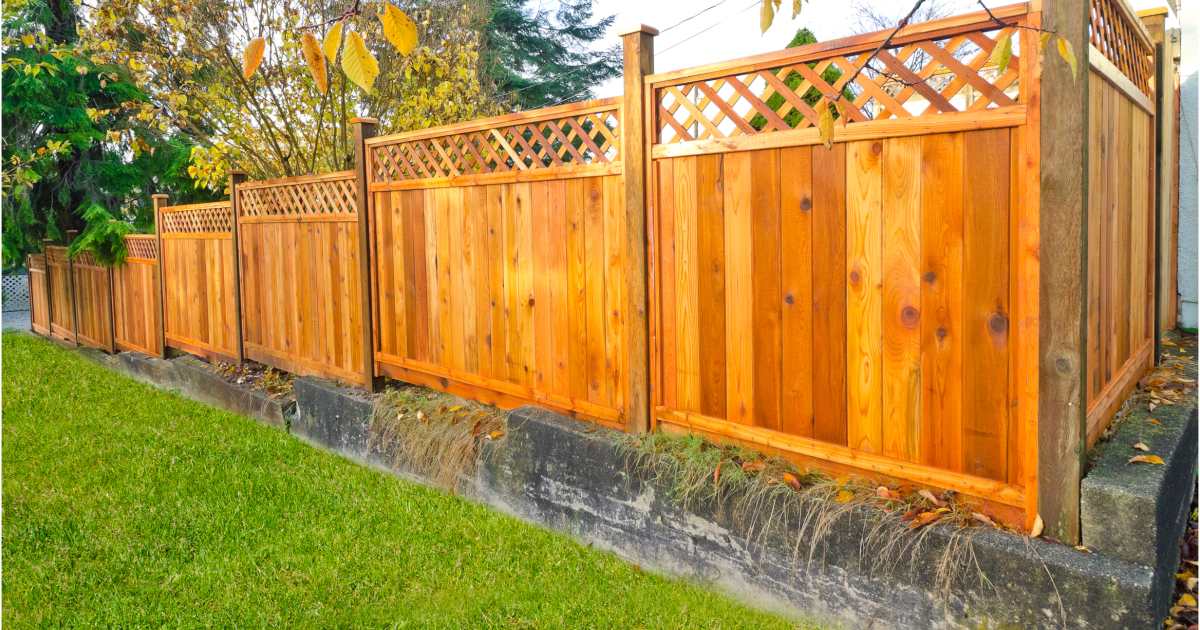All Categories
Featured

Setting up a fencing on a home provides lots of benefits, from boosted privacy and safety to boosted aesthetic appeal. The expense of installment can differ substantially depending on a number of factors. Understanding these variables will certainly help you spending plan efficiently and choose the ideal fencing option for your demands.
Elements Influencing Fencing Installation Expenses. Fence Product. The type of product you choose is one of one of the most substantial factors of expense. Typical options consist of:
Wood: Attractive and conventional, wood fencings usually cost $10--$ 30 per linear foot. The cost can vary based on the kind of timber, with cedar and redwood being a lot more pricey than want. Vinyl: Durable and low-maintenance, plastic fences vary from $20--$ 40 per straight foot. Chain Link: An economical choice, wire mesh fence cost around $8--$ 20 per straight foot. Light weight aluminum or Steel: Steel fences offer a smooth look and long life expectancy, costing $20--$ 50 per straight foot. Compound: A costs product that integrates timber fibers and plastic, setting you back $25--$ 60 per straight foot. Fencing Height and Size. Taller fencings call for even more materials and labor, increasing expenses. Furthermore, the size of your residential or commercial property and the length of the fencing straight impact material and installment costs.

Labor Costs. Working with expert installers generally sets you back $15--$ 35 per hour. Labor rates differ by area, with city areas frequently being more costly than rural areas.
Residential Property Terrain. The complexity of the installation increases if your residential property has irregular terrain, rocky dirt, or substantial slopes. Additional work, such as grading or drilling into hard dirt, includes to the total price.
Authorizations and Laws. Neighborhood zoning regulations often call for permits for fencing installation. Permit costs range from $50--$ 200, depending on your district.
Additional Attributes. Gates, decorative aspects, or customized designs can boost the overall cost. A standard gate may set you back $150--$ 600, while a mechanized entrance can surpass $1,000.
Typical Expense Range for Residential Fence Installment. For a lot of house owners, the overall expense of setting up a fencing falls in between $1,500 and $4,000. Nevertheless, larger or more tailored jobs can exceed $10,000. Here's a break down based upon ordinary fencing lengths:
100 Linear Feet: $1,000--$ 3,500. 200 Linear Feet: $2,000--$ 7,000. 300 Direct Feet: $3,000--$ 10,500. Ways to Reduce Fence Setup. Do it yourself Setup:. Mounting the fence yourself can save money on labor costs, but it calls for time, tools, and know-how.
Select Cost-Effective Materials:. Going with chain web link or lower-grade wood can reduce product costs.
Obtain Multiple Quotes:. Contrasting quotes from various service providers guarantees you obtain the very best rate.
Install Throughout the Off-Season:. Specialists might offer discounts during slower periods, such as winter season.

Verdict. The price of installing a fencing on a property depends on product, terrain, dimension, and labor. By comprehending these elements and intending purposefully, you can find a fencing service that fits your budget and satisfies your demands. Whether you prioritize durability, aesthetics, or price, a well-installed fence is an investment that includes worth and performance to your home.
Latest Posts
Exactly How Much Does It Expense to Set Up a Fencing on a Residential Home?
Published Dec 20, 24
0 min read
Bath Fitter®
Published Dec 20, 24
2 min read
Bath Fitter®
Published Dec 20, 24
2 min read